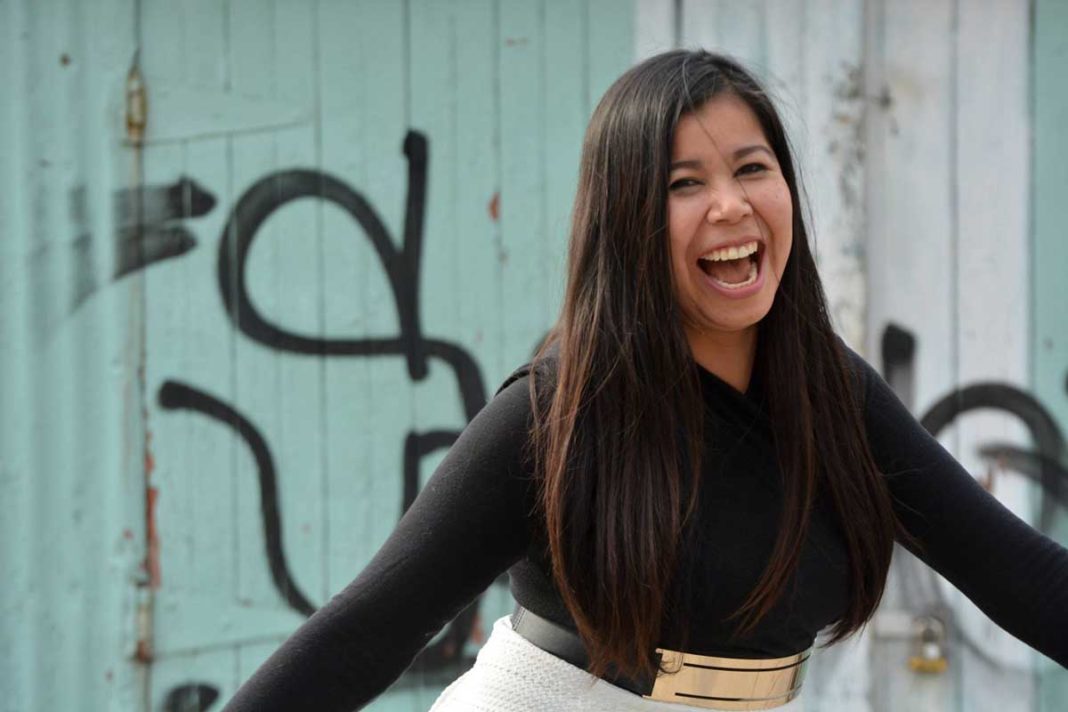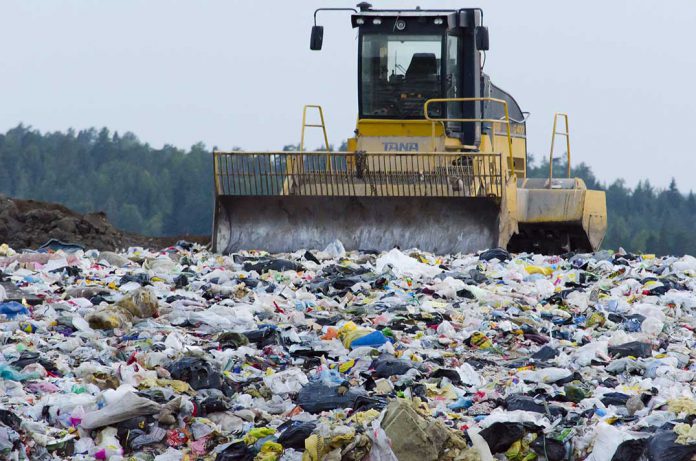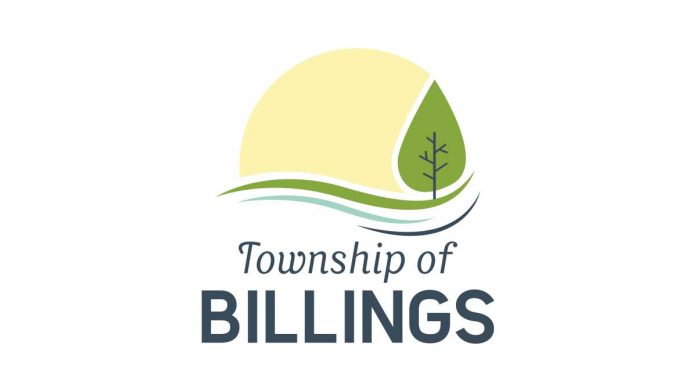TORONTO—Comedian, poet and educator Lena Recollet has just recently added “vaccinated” to her resumé, although she resisted getting the jab due to numerous health concerns and anxiety over potential side effects. Ms. Recollet, who lives in a Toronto “hotspot,” usually comes home to Wiikwemkoong for the summer and she spoke with The Expositor about her reasons for resisting vaccination and what eventually led to her deciding to get her first dose of the vaccine.
“I have seasonal effective disorder, O-negative blood type and I was really wary for a long time,” she said. “I told myself, ‘I will be one of the last’.” She said she was following the “Justin Trudeau excuse. I will let the priority people go first.”
Ms. Recollet said that, despite some of her health concerns, she generally enjoys good health. “I get sick every four years or so,” she said.
But she said she knows that her family and friends back home in Wiikwemkoong have been vaccinated. “They got the vaccination right away,” she said, “but they didn’t judge my decision. They know I am responsible.”
Then came the Delta variant.
“I wasn’t afraid of COVID,” said Ms. Recollet. “I knew people who had it, not people in my bubble, but people of my acquaintance who got it and survived. They didn’t even have any of the long-term effects.” Most of those people are in her own age cohort, 35- to 40-somethings.
“I didn’t think I was at risk,” she said. The side effects she had heard about from the vaccine included perimenopausal impacts, with one of her friends experiencing her period steadily over three months following the vaccine. But those side effects subsided after her friend started to take a medicinal tea. “Once I heard that, I started to feel better,” she said. Other impacts included increased arthritic pain. Ms. Recollet has experienced arthritis that had just recently begun to subside, but her only side effect from her vaccination was “a bit of a sore arm.”
She said she knows a lot of people on both sides of the debate.
But COVID’s Delta variant significantly upped the ante. “I got scared,” she said. Even though she feels that being type O negative blood type reduces her chances of getting sick, the Delta variant is much more virulent.
Ms. Recollet said that she is not “anti” vaccination, but just felt that she was not at high risk, despite living in a pandemic hot spot. “I take precautions,” she said. Those include maintaining a tight personal bubble and keeping to COVID protocols. She also gets tested on a regular basis.
“Even if you don’t have symptoms, you might be carrying it,” she said. That stands even if you are fully vaccinated. She notes some of her friends think that if they have been double vaccinated they won’t pass on the virus, but that she knows that isn’t true after asking her pharmacist.
Ms. Recollet said that she respects other people’s decisions and doesn’t generally discuss most things COVID.
When Ms. Recollet returned to Toronto, she learned that there was a large outbreak in Wiikwemkoong. “I thought to myself, ‘I should get tested’,” she recalled. To her dismay, she could not be tested at the pharmacy. “They ask the question if you might have been exposed and because of the outbreak in Wiikwemkoong, they said I had to get tested at the provincially approved centre.” (Manitoulin District had 11 confirmed active cases as of Monday, but there was no indication by press time how many were related to the Wiikwemkoong outbreak or include other communities.)
“You get a lot of perspectives living in the city,” she said. Those different languages and perspectives can create a divide.
She described walking down the street in Toronto. “I see these people walking, wearing masks in stores, but I don’t know how vulnerable they are,” she said. “Because I live in a hotspot, I have to be more mindful.”
She said that had she not been getting tested before returning home and heard the news about the outbreak she would have felt guilty.
In any event, it was the advent of the more virulent Delta variant that made her decide to put side her concerns about side effects. “It’s a little more scary,” she said. “When I heard what happened in Wiiky, it became real.”
Ms. Recollet said she was apprehensive when she heard Wiikwemkoong Ogimaa Duke Peltier say that only 64 percent of the reserve was fully vaccinated, well below the provincial average (or that of Manitoulin overall). “He said that we need to get the numbers up.”
Ms. Recollet said that she was thankful she knew about the side effects of the vaccine and that she was able to overcome her concerns about receiving the vaccine when she realized they were mostly minor.
There was one thing she said she noticed about her friends who are not vaccinated. “They have no kids,” she said. “Having kids puts a different perspective on it.”
Her own son is looking forward to returning to school in person as the virtual teaching was not a good experience for him. But with 1,700 students in his school, she has concerns.





